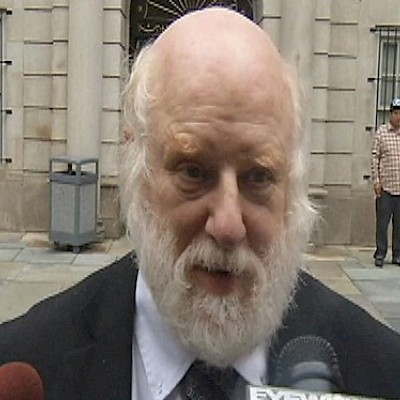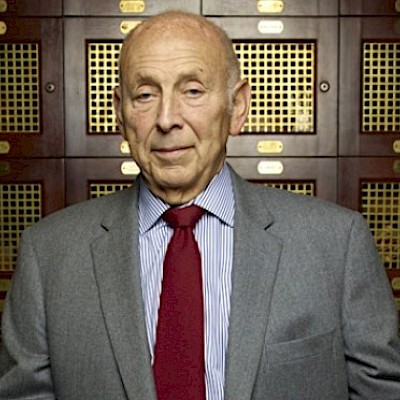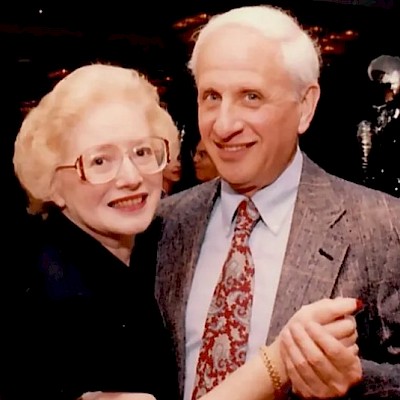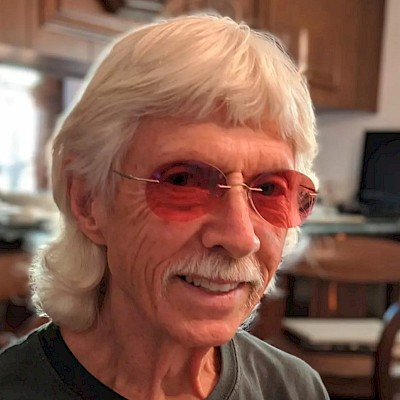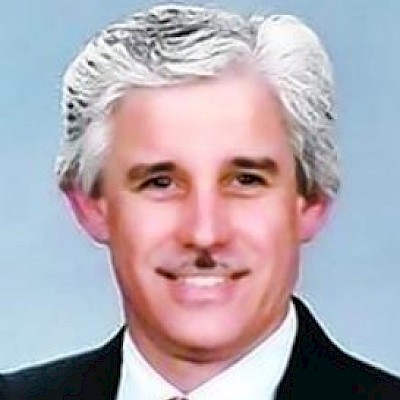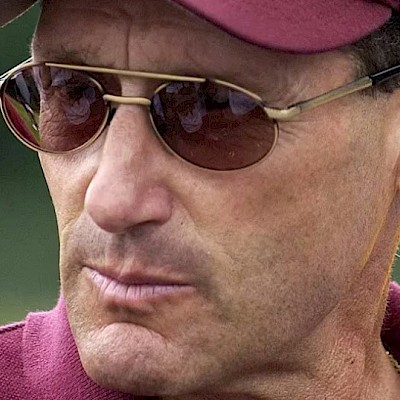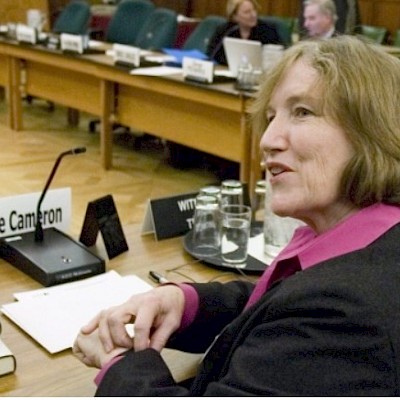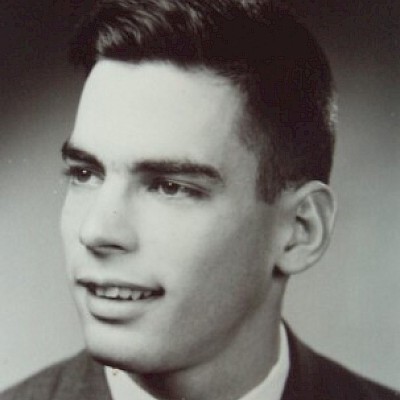
David R. Diamond
Dr. David Diamond, 81, died from the progression of Parkinson's disease on September 10, 2024. David was an extremely patient father to two sons, and a psychologist who helped many people for his entire professional life. He was a dedicated advocate for peace and understanding. He loved learning new languages and was an active hiker, canoeist, and bicyclist.
He was born in Bridgeport, CT in 1942 to Roger and Marion Diamond. David grew up in Keene and Alstead, NH. When he went on to attend the University of New Hampshire, he bicycled across the width of New Hampshire from Keene to Durham in one day. In 1961, he refused to participate in a civil-defense drill which he viewed as “an exercise in the acceptance of nuclear war”. Those drills were subsequently discontinued.
After UNH, David did Peace Corps service in 1964-66 in Togo (west Africa). While in Peace Corps training, he met Sallie Munch. When teaching Math and English in Togo, David and Sallie married in 1965. After returning to the United States David studied until he had his PhD in Clinical Psychology from the University of North Carolina.
Dave and Sallie settled in Dover, NH and had two children, Dan and Steve. David worked at Strafford Guidance Center, then later went into private practice. In so doing he helped countless people. He was an early advocate of Eye Movement Desensitization and Reprocessing.
For decades David enjoyed hiking, canoeing, and other outdoor activities with his family and friends. In addition to regular outdoor activities, this "Outing Club" would have a large yearly gathering at Drake's Island (Wells, Maine).
David was a passionate proponent of peace and social justice issues. He was a member of "Beyond War" for many years. He was a founding member of and main organizer for "Seacoast Peace Response" for over a decade. David helped organize peace vigils on Friday evenings in Portsmouth and Saturday mornings in Dover. He wrote many letters to the editor and op-eds on war and peace issues. He was one of the “Newington 5” who were arrested for civil disobedience in 2002 in an attempt to stop the U.S. from attacking Iraq over their alleged "weapons of mass destruction" program. The electronic newsletter he sent connected hundreds to the issues at hand. He traveled to participate in important protests, including in Washington, New York, Georgia, and Quebec.
David loved languages and was constantly studying to add to that body of knowledge. He liked being able to communicate with diverse peoples. He enjoyed travel, including in Europe, Canada, Mexico, and Cuba.
He is survived by his sons, Daniel and Steven Diamond, and his grandson Ian Diamond.
•
Remembering David R. Diamond
Use the form below to make your memorial contribution. PRO will send a handwritten card to the family with your tribute or message included. The information you provide enables us to apply your remembrance gift exactly as you wish.


